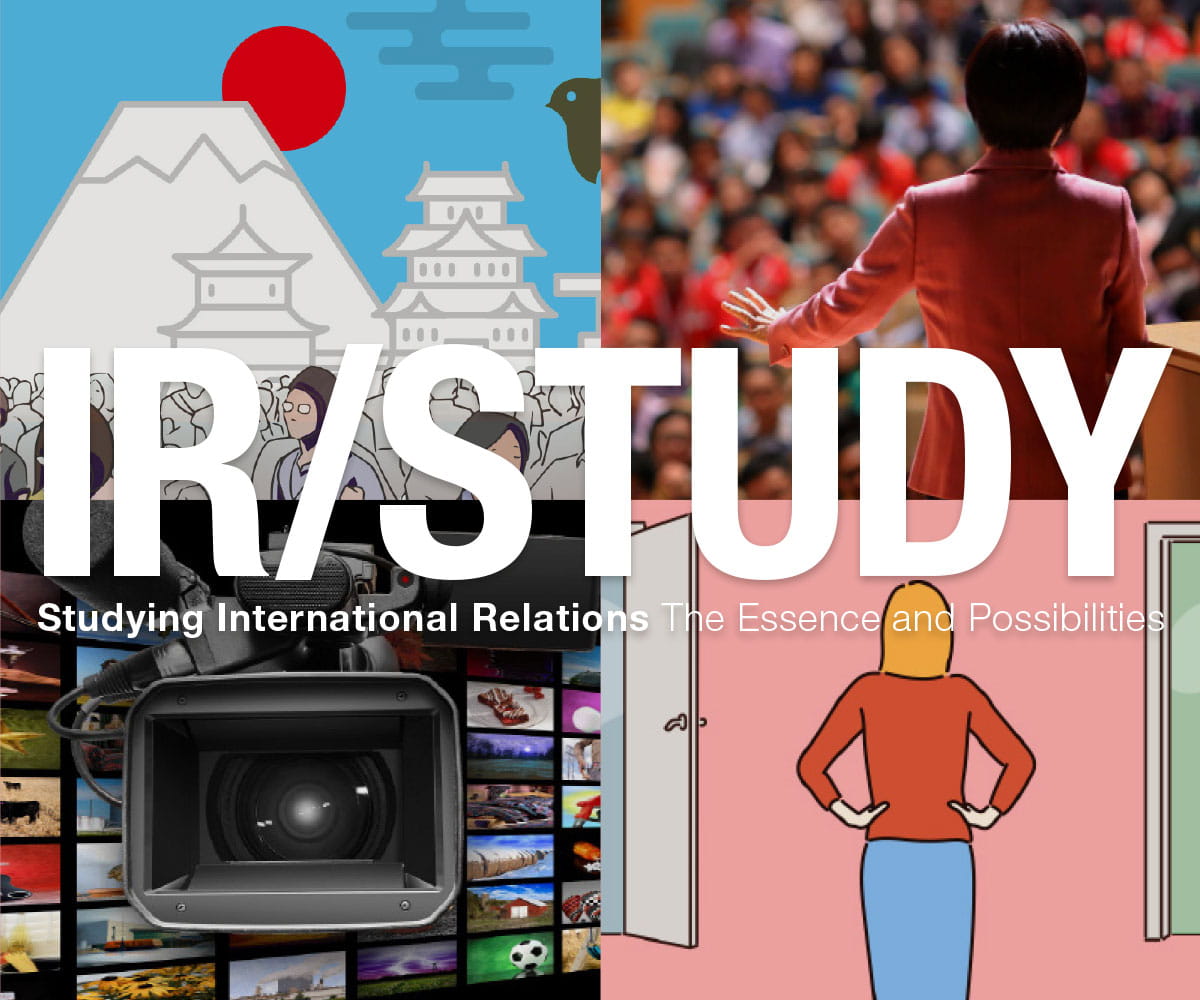Faculty / Students / Alumni
Meet our faculty members as researchers, diverse and motivated students, and globally successful alumni.
-
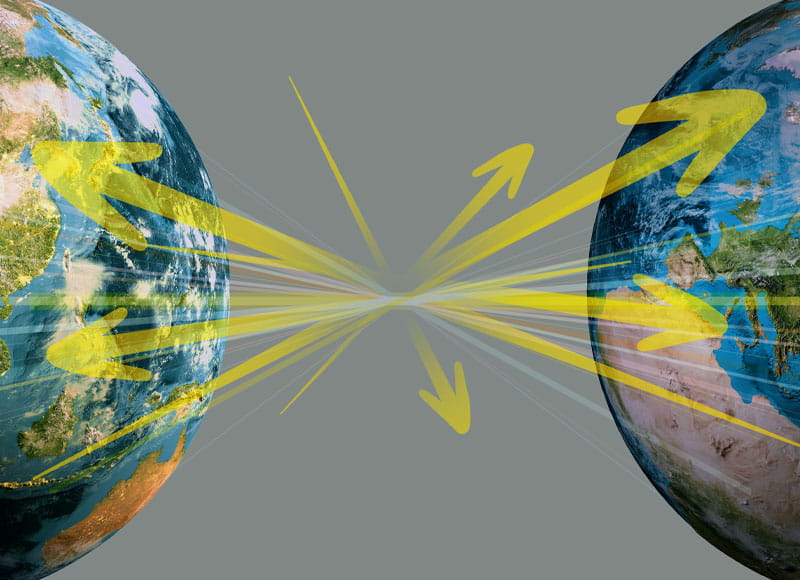
International Political Economy
Analyze international relations while having an awareness of the interaction between politics and economics
The United States and China seem to be at odds if we focus solely on politics and security. But economically, they are closely connected and interdependent. International political economy involves being aware of this sort of interaction between politics and economics, while understanding events in international relations.
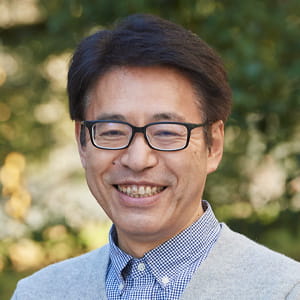
NAKATO SachioProfessor, College of International Relations
-
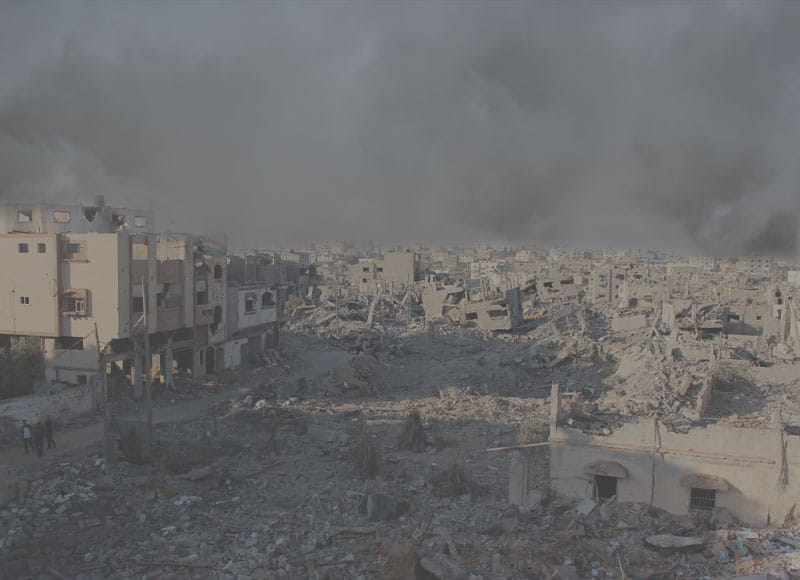
International Politics
Can We “Eliminate War?”
Study the Field of International Politics with the HopeDid you know that in the last 100 years, the number of war casualties per capita has dropped to 1/10 of what it once was? The study of international politics, which emerged from the tragedy of World War I, is steadily achieving results. By understanding the nature of human beings, I hope to unravel the mechanisms by which wars occur and contribute to the creation of systems that prevent war.
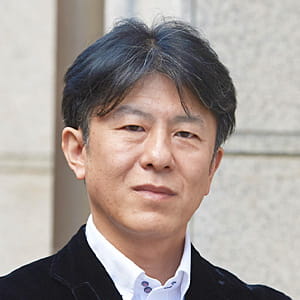
ADACHI KenkiProfessor, College of International Relations
-

Global International Relations
Reexamining international relations from its beginnings, bridging the West and the non-West
Global International Relations is an approach that emerged as a movement to bridge the West and the non-West by critically looking at traditional studies of International Relations that take a Western perspective to be self-evident. It attempts to develop new theories inspired by past perspectives and other disciplines.
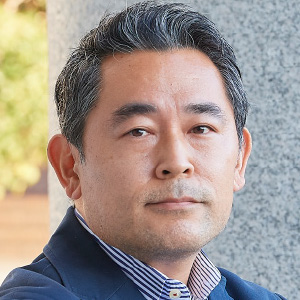
ATAKA HiroakiProfessor, College of International Relations
-
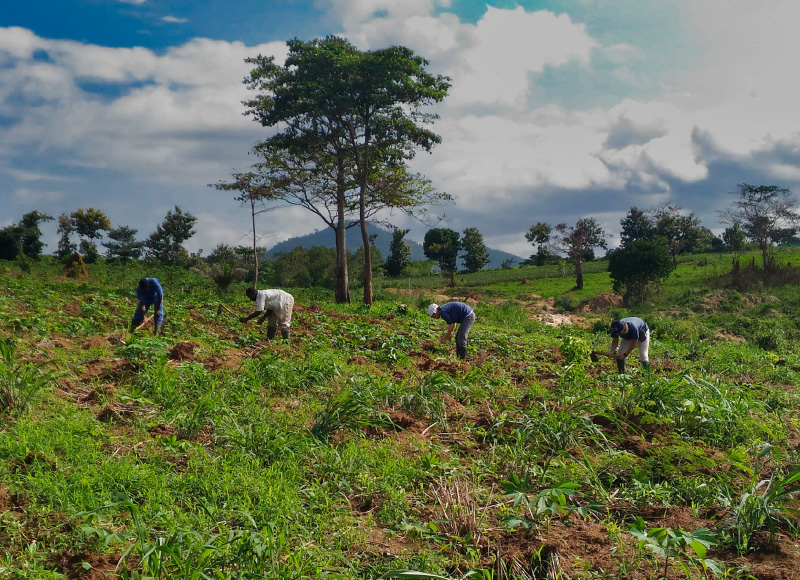
Development Economics
Economic development in developing countries cannot be achieved by economic rationality alone.
The process of economic development in a developing country is complex, as decisions and actions people and government make are influenced by various factors.
To investigate how economic development can be realised, it is essential to accept such complexity and study a wide range of fields.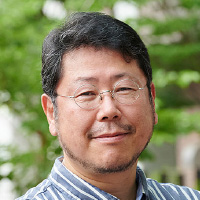
WATANABE MatsuoProfessor, College of International Relations
-

Working for an International Organization
Theory and Empathy Are Needed in the Field of International Humanitarian and Development Assistance
I have been involved in humanitarian and development assistance at the United Nations High Commissioner for Refugees (UNHCR) and the Japan International Cooperation Agency (JICA), where I realized the importance of “empathy”. International relations are, after all, people-to-people relationships. Partner believes in the human being in front of him.
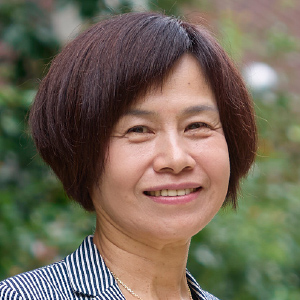
ISHIKAWA SachikoProfessor, College of International Relations
-

Developing Countries and International Cooperation
What Is the Sustainable International Cooperation Required in the Global Era?
The development and international cooperation methods in developing countries are diverse, differing depending on the era, country, and region. In Southeast Asia, grant aid is used for infrastructure and human resource development. In recent years, paid (loan) aid has become the mainstream, and civil society and private companies are increasingly becoming involved in international cooperation.
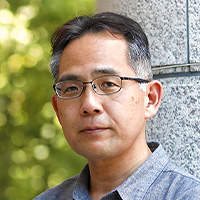
SHIMADA HaruyukiProfessor, College of International Relations
-

International Economics
Using Economics to Predict the Next Action of People and Nations
Some people may think economics is the study of money. But that is not the case. Economics is the science of decision making. It tries to predict a person’s next action by exploring why the person made a particular action. You could say said that economics is a discipline that tries to explain all human behavior.
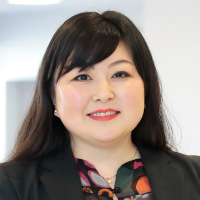
YANE HarukaAssociate Professor, College of International Relations
-

Rediscovering Japan
An Accurate Knowledge of One’s Own Country Facilitates Internationalization
Some people may think that the College of International Relations is a place for learning about foreign countries, but that is not the case. This is because students of this College also study Japan in depth. Japan is viewed anew from a different perspective. In other words, we “rediscover Japan.” I think this is an essential perspective for the study of international relations.

RAJKAI Zsombor TiborProfessor, College of International Relations
-

Cultural Anthropology
Dive into a Different Culture and Rethink Your “Norms”
I am studying the metamorphosis of Shinjuku Kabukicho as a community. The streetscape, the flow of people, the people's gestures walking around, everything is a subject of observation. I am using cultural anthropology methods such as interviewing people from various professions, taking questionnaires, and investigating government influence.

SMITH Nathaniel M. Associate Professor, College of International Relations

